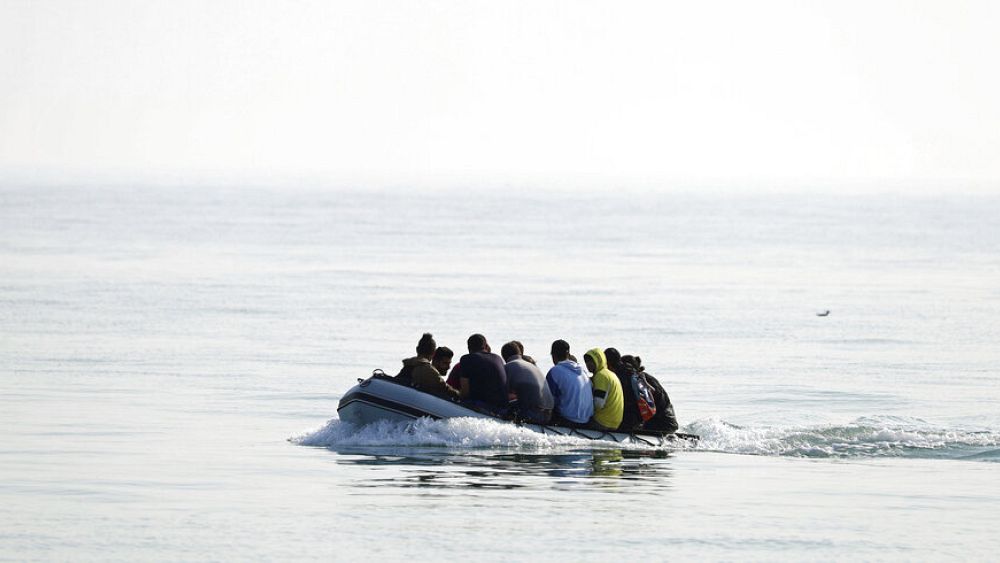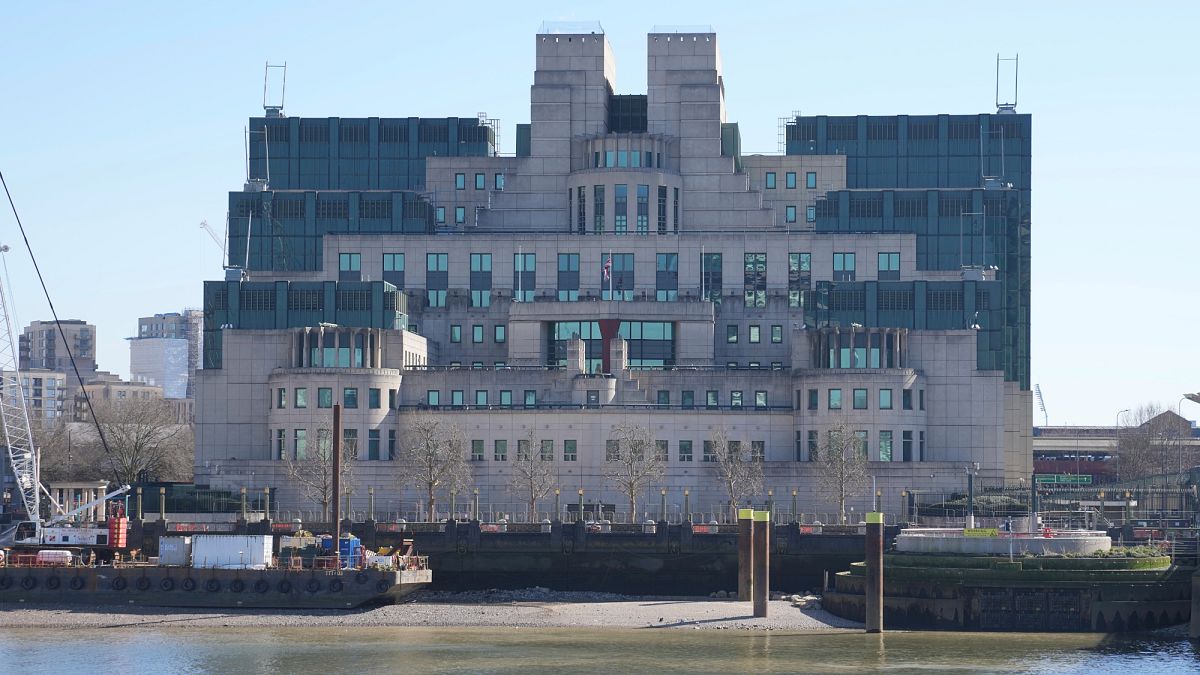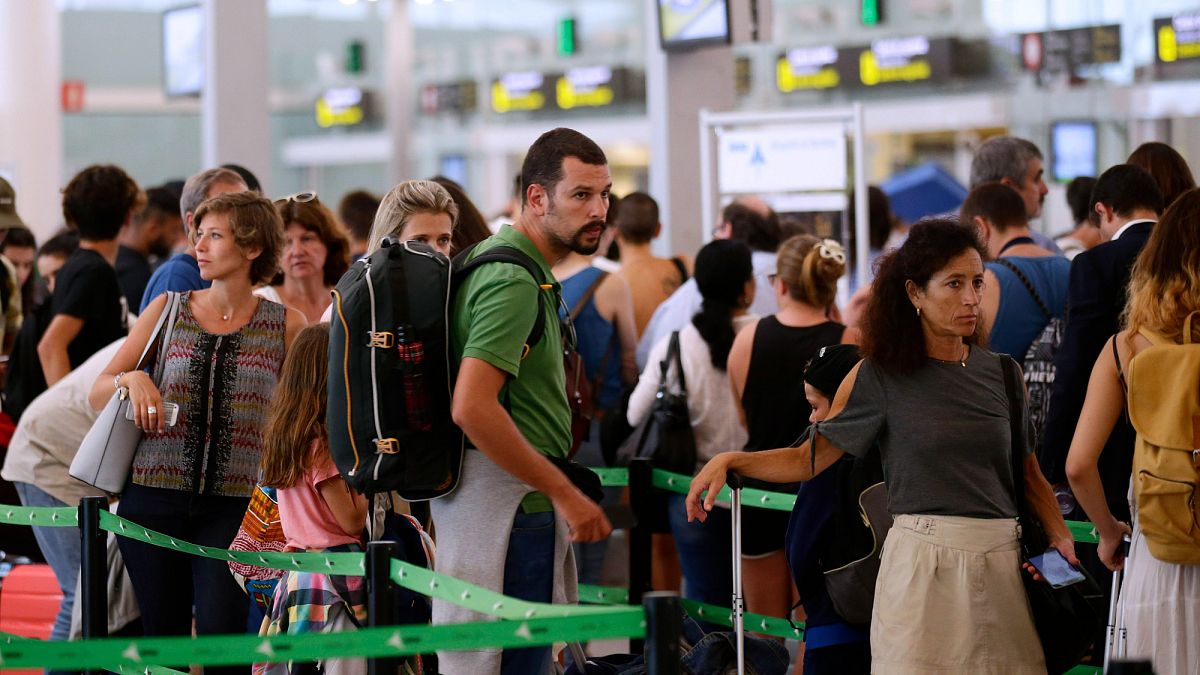‘Nothing seems to have worked’: UK migration policy criticised

Glaring issues were found with the Conservative government’s attempts to stop migrants coming to Britain.
The UK government’s migration policies are not working, a report published on Tuesday has claimed.
The Institute for Public Policy Research (IPPR), an independent charity, pointed to the Conservative’s attempt to “stop the boats”, through deals with other states, deterrence measures and the highly controversial Rwanda policy, saying “so far nothing seems to have worked.”
Increasing numbers of people are crossing into the UK over the Channel, leaping from 299 in 2018 to 45,744, according to IPPR figures. This has put pressure on the country’s asylum system – now grappling with a record backlog – though many observers say this is due to officials’ inability to process claims quickly.
The UK’s right-wing government has in response pursued a hard-line approach to migration, vowing to slash arrivals.
Trailing in the opinion polls, it has made tackling “illegal immigration” a key promise to voters, while trying to house some asylum-seekers on a barge.
A new Illegal Migration Act was recently swiftly pushed through parliament that could deny those who arrive in the country irregularly the right to claim asylum.
Critics say the lack of safe and legal routes to come to the UK means many people are forced to come through illicit routes, such as the dangerous Channel cross.
“While arrivals are slightly down on last year, tens of thousands of people have still made the journey across the Channel,” wrote the IPPR in its report.
The government’s hopes are now “pinned” on whether the Rwanda plan will pass through the courts, where it is currently blocked.
Home Secretary Suella Braverman has said the scheme, which could see asylum seekers hosted in the African country at the UK’s expense, is “humanitarian and compassionate and also fair and balanced”.
Even if it passes through the Supreme Court, the IPPR wrote: “The Rwanda plan is likely to face major cost and operational challenges. Perhaps most fundamentally, in recent years Rwanda has made asylum decisions in the hundreds, not the thousands. There is little basis that it will be able to accept asylum seekers on the scale necessary for the plan to work.”
Migration “is of course a highly complex issue and there is no silver bullet for stopping the Channel crossings overnight. But there are concrete steps which the government can take to mount a progressive and pragmatic response,” it added.
The IPPR urged the government to reform its policy on safe and accessible routes, which is called “too narrowly defined to provide a meaningful alternative to small boat crossings”.
This could be achieved by widening refugee family reunion rules, piloting a refugee visa scheme, and expanding the UK resseltment scheme, it suggested.
Renewed cooperation with neighbouring states, such as France, and fixing the asylum system were also proposed by the independent charity as solutions.
Source: Euro News















